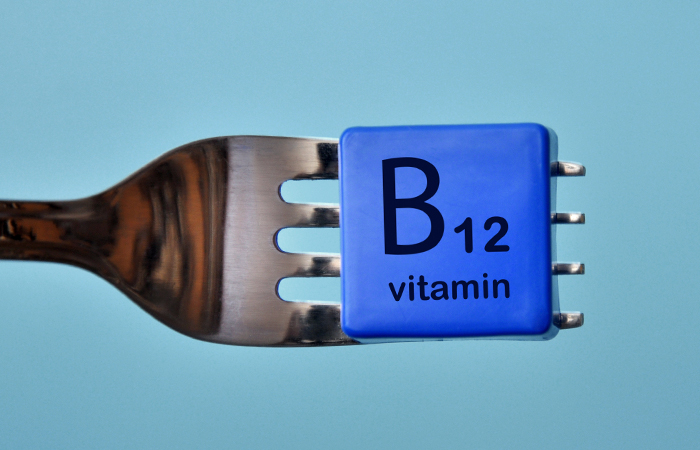The Caffeine-Cortisol Connection: How It Affects Your Body

Introduction
Caffeine, found in coffee, tea, energy drinks, and various other sources, is one of the world’s most widely consumed stimulants. It’s known for its ability to boost alertness and energy levels, making it a staple for many people’s daily routines. However, caffeine’s effects on the body go beyond just waking you up; it can also impact hormone levels, including cortisol. In this article, we will explore the caffeine-cortisol connection, shedding light on how caffeine affects this stress hormone and its potential implications for your health.
Cortisol: The Stress Hormone
Cortisol is a hormone produced by the adrenal glands, which are located on top of your kidneys. It plays a crucial role in your body’s stress response and has various functions, including regulating blood pressure, controlling blood sugar levels, and influencing metabolism. Cortisol levels typically follow a diurnal pattern, with the highest levels in the morning to help you wake up and the lowest levels at night to prepare you for sleep.
Caffeine's Impact on Cortisol
Caffeine is a central nervous system stimulant that can trigger the release of various hormones, including cortisol. Here’s how caffeine affects cortisol levels:
– Acute Increase: Shortly after consuming caffeine, there is often an acute increase in cortisol levels. This is part of the body’s natural stress response, as caffeine is perceived as a stressor. The release of cortisol contributes to the “fight or flight” response, increasing alertness and energy.
– Short-Term Benefits: The temporary increase in cortisol can enhance focus, concentration, and physical performance, making caffeine a popular choice for students, athletes, and those needing a quick energy boost.
– Tolerance Development: With regular caffeine consumption, the body may become desensitized to its stimulant effects, including the increase in cortisol. This can lead to a reduced cortisol response over time, meaning you may need more caffeine to achieve the same alertness.
– Withdrawal Effects: When caffeine intake is suddenly reduced, whether by choice or circumstance, it can lead to withdrawal symptoms, including fatigue, irritability, and changes in mood. These symptoms may be linked to disruptions in cortisol regulation.
Long-Term Implications
While the short-term effects of caffeine on cortisol can be beneficial in terms of alertness and focus, there are potential long-term implications to consider:
– Chronic Stress: If consumed excessively, caffeine can contribute to chronic stress by repeatedly elevating cortisol levels. Chronic stress is associated with various health issues, including cardiovascular problems, anxiety, and insomnia.
– Sleep Disturbances: Caffeine’s stimulant properties can interfere with sleep, leading to reduced sleep quality and quantity. Poor sleep, in turn, can disrupt cortisol regulation, potentially exacerbating stress levels.
– Adrenal Fatigue: There is ongoing debate about the concept of adrenal fatigue, a condition characterized by chronic fatigue and purportedly caused by prolonged stress on the adrenal glands. While not universally recognized in the medical community, excessive caffeine consumption may contribute to symptoms resembling adrenal fatigue.
Balancing Caffeine Intake
– Caffeine is not inherently detrimental to your health; in fact, moderate consumption can have several benefits, including improved alertness and cognitive function. To maintain a healthy relationship with caffeine and minimize its impact on cortisol levels:
– Moderation: Limit your daily caffeine intake to moderate levels, typically defined as 200-400 milligrams per day (equivalent to 1-2 cups of coffee).
– Timing: Avoid consuming caffeine in the late afternoon or evening to prevent interference with your sleep patterns.
– Monitor Tolerance: Be mindful of your caffeine tolerance and consider periodic breaks from caffeine consumption to reset your sensitivity.
– Stay Hydrated: Balance your caffeine intake with plenty of water to avoid dehydration, which can contribute to stress.
– Healthy Lifestyle: Prioritize stress management techniques such as mindfulness, meditation, and regular exercise to counteract the potential effects of caffeine on cortisol.
Conclusion
Caffeine’s impact on cortisol illustrates the complex interplay between substances we consume and our body’s hormonal regulation. While caffeine can provide short-term benefits, it is essential to use it mindfully and in moderation to prevent potential long-term health issues related to chronic stress and disrupted cortisol regulation. By understanding the caffeine-cortisol connection and making informed choices about your caffeine consumption, you can strike a balance that allows you to enjoy the benefits of caffeine while safeguarding your overall well-being.










